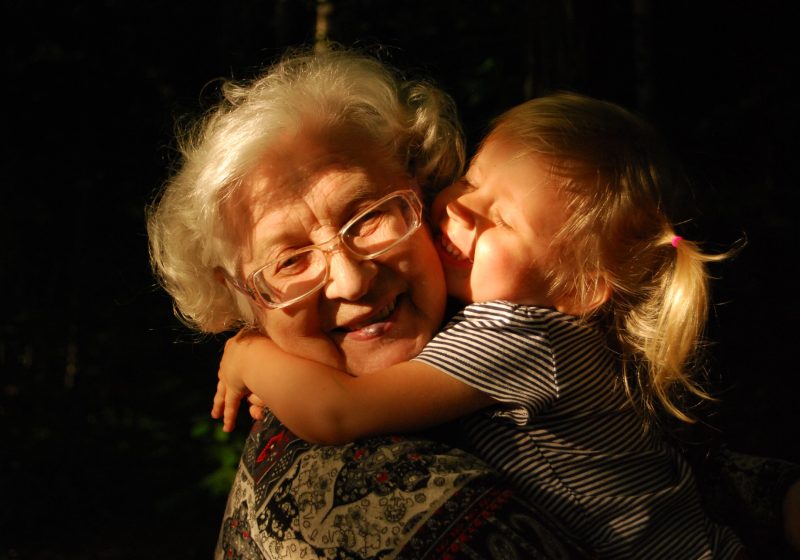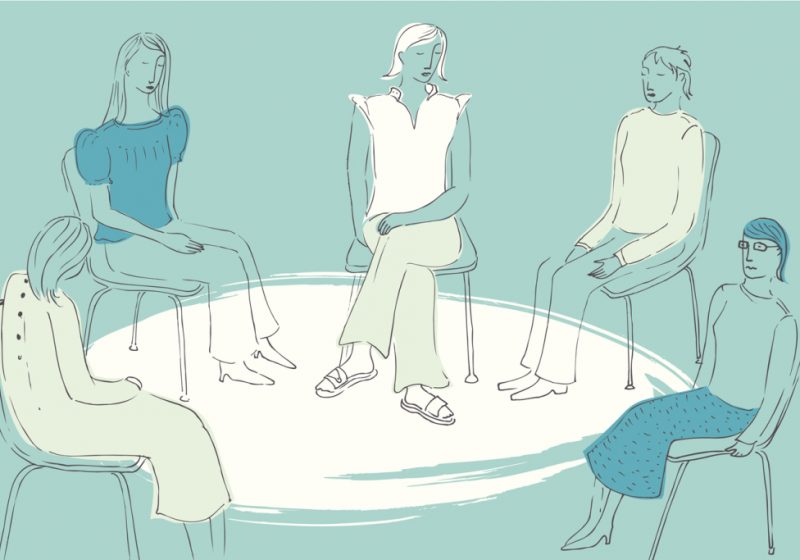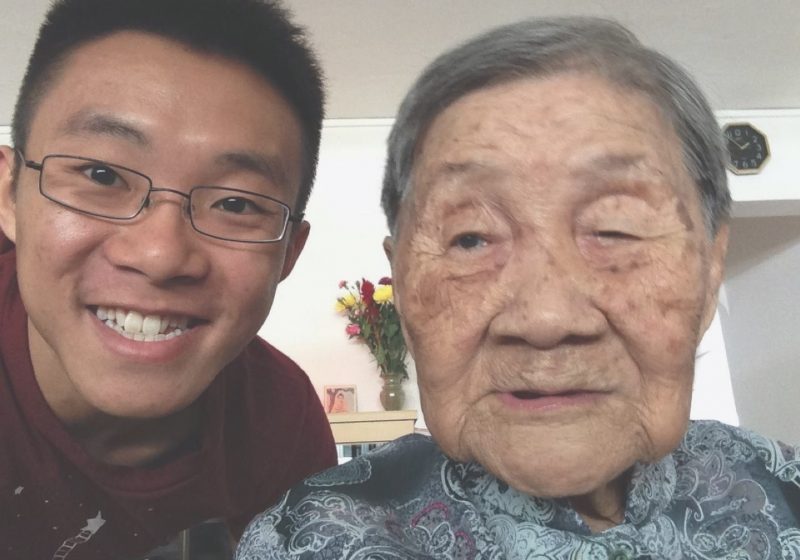Keep check of your stress level by asking yourself whether you’re experiencing any of the following emotional and physical symptoms. It might be a good idea to have your partner or other loved one answer the questions for you to see what someone close to you thinks.

Stress and burnout are the most common problems for those who care for someone with Dementia. And, in turn, caregiver stress — the emotional strain of tending to a loved one — is one of the biggest reasons people with the condition enter nursing facilities.
There’s no formula for defining your stress level, but if your yes answers outnumber your no answers, or if just two or three of the categories seem to apply to you, consider taking steps to ease your situation.
Sudden Crazy Temper?
- You lose your temper easily
- You feel angry with your parent or loved one with dementia
- You feel irritable toward other family members or find yourself snapping at them
One of the more obvious signs of caregiver stress is losing your cool easily. Frustration may particularly increase when obstacles or challenges come up, whether major or minor.
Emotional Outbursts
- You cry often or unexpectedly
- You experience feelings of despair
- You have dramatic mood swings
It’s natural to grieve as your parent’s condition declines. It’s also normal to feel a complicated range of emotions about having to parent your parent. But if you’re increasingly emotional or feeling emotionally fragile, there may be something more going on.
Depression is a real risk for caregivers. Even if you’re not clinically depressed, emotional outbursts can be an unconscious outlet for feelings of being overwhelmed.
Trouble getting the Zzz’s
- You have trouble falling asleep
- You have trouble staying asleep
- You wake up tired
Caregiving — especially full-time caregiving — requires tremendous physical effort, even in the disease’s early stages. But if your parent is sundowning, wanders, or has disrupted sleep, you lose opportunities to rest on top of the tiring work you do all day. Trouble getting to sleep or staying asleep can also be caused by stress, anxiety, and depression.
Significant Weight Change
- You recently gained weight
- You recently lost weight
For some people, stress can result in weight loss when they can’t seem to find time to eat adequately or nutritiously. Anxiety often lowers the appetite as well. For others, feeling stressed or guilty leads to weight gain from mindless or emotionally triggered eating, frequent snacking, or quick but unhealthy food choices. Changes in eating and sleeping habits can also indicate depression.
If your weight has changed by more than five or ten pounds since you began caring for your parent, your body may be sending you a signal that you need help.
Lethargy
- Feeling like it’s difficult to get motivated to accomplish things
- You feel sluggish even after a good night’s rest
- Finding it hard to concentrate when you read or perform other mental tasks
- You feel bored
Caring for someone with Dementia involves constant vigilance and activity. So if you feel “off” instead of “on,” it’s hard to perform your duties adequately. It may be that you find parts of the caregiving puzzle more challenging than others — for example, managing your parent’s finances or other health concerns.
Sometimes the routines that persons with Dementia thrive on can become stifling to a healthy adult child. Routines do help you and your parent get through the day more easily, but they can leave you feeling like you’re stuck in a monotonous rut.
Social Isolation
- You sometimes go a whole day without seeing another adult aside from your parent or loved one with dementia
- You dropped out of your usual activities to care for your loved one with dementia
- You can’t remember the last time you had a whole day to yourself
- You feel like nobody understands
- You sometimes feel that other family members don’t care as much for your loved one with dementia as you do
Getting out can simply be hard if you’re responsible for providing care. You may feel you lack the time for your former pursuits. Your parent’s changes in behaviour may also make you feel embarrassed or make going out in public too onerous to attempt. Whether intentionally or not, you may become withdrawn. Unfortunately, social isolation itself contributes to stress, whereas being with others and taking time for yourself are both replenishing.
Dementia care can become all-consuming. You may not realise that you are in hot water until it’s too late. Every caregiver eventually needs assistance — usually sooner rather than later, and usually from a variety of sources.
If you need a hand, know that there are all forms of help available out there. You can make changes in your care routine, enlist the part-time efforts of friends and family, tap into community resources, and hire assistance as well. No caregiver to a loved one with dementia can go it alone well. And they shouldn’t try — for their sake and their loved ones.




































































































